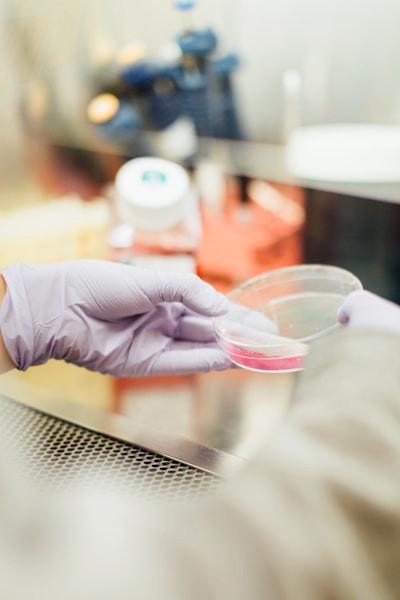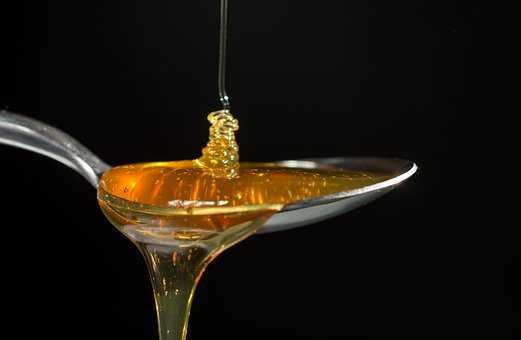Explore the World's Best Ideas
Join today and uncover 100+ curated journeys from 50+ topics. Unlock access to our mobile app with extensive features.
Where honey comes from
- Honey is made by bees. Bees eat nectar, a sugar-rich liquid that is produced by flowers.
- The bee stores most of the nectar in their "honey stomach." At the hive, bees regurgitate the nectar, blowing bubbles to evaporate the water. They also mix the nectar with their digestive enzymes, which break down the sugar, starch, and protein in the nectar, making it more acidic.
- Then the bees deposit the nectar into the honeycomb, where more water evaporates, and add caps to the honeycomb to seal the honey inside, ready for later consumption by larvae or adults when food is scarce.
- Beekeepers remove some honeycomb from hives and spin it to extract the thick liquid from inside. They filter out any beeswax or other debris, then bottle it.
43
267 reads
Why honey doesn’t spoil
- Acidity. Most bacteria prefer neutral growing conditions. The enzymes bees use to break down the sugar in nectar make it more acidic and less appealing for bacterial growth.
- Sugar content. Honey has a lot of sugar, but only 18% water, which is not sufficient for most bacteria to grow. Honey has so much sugar that it's hygroscopic - which is the ability to absorb moisture out of the air. When honey is exposed to humidity, more water is added, and when the water content rises above 25%, bacteria will eventually be able to grow. That is why the container of honey should be closed.
- Antimicrobial compounds. Hydrogen peroxide is produced as a byproduct of some of the enzymes used by bees to digest more complex sugars. Some honey types also contain antimicrobial compounds such as defensin-1, an antibiotic produced by bees.
Combined, these three properties mean honey is very stable as long as it's not exposed to outside moisture or humidity.
40
219 reads
The oldest honey
Until 2003, the oldest collected, preserved samples of honey are about 3,000 years old. It was discovered inside ancient Egyptian pyramids.
In 2003, archeologists found honey samples from Georgia that dated back 4,700 - 5,500 years.
39
295 reads
IDEAS CURATED BY
Maria 's ideas are part of this journey:
Learn more about health with this collection
How to prioritize and simplify your life
The importance of rest and relaxation
The benefits of slowing down
Related collections
Similar ideas
5 ideas
The Science Behind Honey’s Eternal Shelf Life
smithsonianmag.com
9 ideas
Does Honey Go Bad?
eatingwell.com
5 ideas
Read & Learn
20x Faster
without
deepstash
with
deepstash
with
deepstash
Personalized microlearning
—
100+ Learning Journeys
—
Access to 200,000+ ideas
—
Access to the mobile app
—
Unlimited idea saving
—
—
Unlimited history
—
—
Unlimited listening to ideas
—
—
Downloading & offline access
—
—
Supercharge your mind with one idea per day
Enter your email and spend 1 minute every day to learn something new.
I agree to receive email updates

